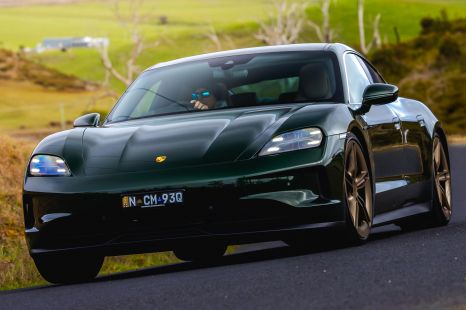

James Wong
2025 Porsche Taycan review
1 Year Ago

Contributor
Volvo remains “stubbornly committed” to wagons in Australia – but there’s only space for one mid-sized load-lugger Down Under.
When it arrives in the second half of 2021, the higher-riding V60 Cross Country will replace the BMW 3 Series Touring-rivalling V60.
“Our plan is to move to [V60] Cross Country only,” Nick Connor, Volvo Australia’s outgoing managing director, told CarExpert.
“We’re going to try it, see how it goes, but I think there’s some benefit in simplification of the offer. We think the V60 Cross Country will appeal to a lot of previous XC70 Cross Country customers.
“It’s a very good all-round product and we’ll see how it goes,” Mr Connor said.
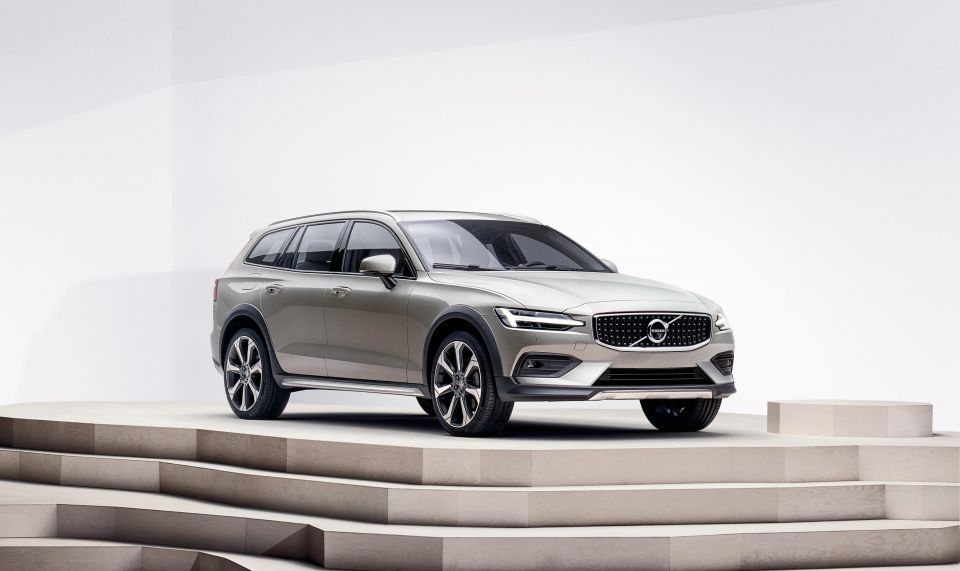
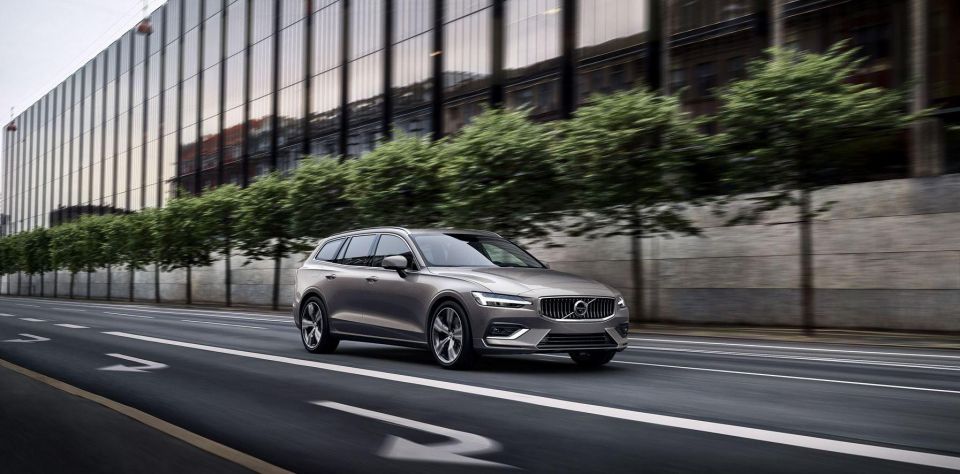
Although it will be run out when the Cross Country arrives next year, Mr Connor didn’t rule out Volvo Australia bringing back the regular V60 wagon if demand dictates it.
The V60 Cross Country sits 75mm higher than the regular V60 and includes revised suspension and an off-road drive mode. The larger V90 is also only available as a Cross Country in Australia, although a conventional wagon is available overseas.
In overseas markets, the V60 Cross Country is available as either a B4 diesel or B5 petrol, both of which feature a 48V mild-hybrid system.
The B4 produces 145kW of power and 420Nm of torque from its 2.0-litre turbo-diesel four, while the B5 pumps out 185kW of power and 350Nm of torque from its 2.0-litre turbo-petrol four.
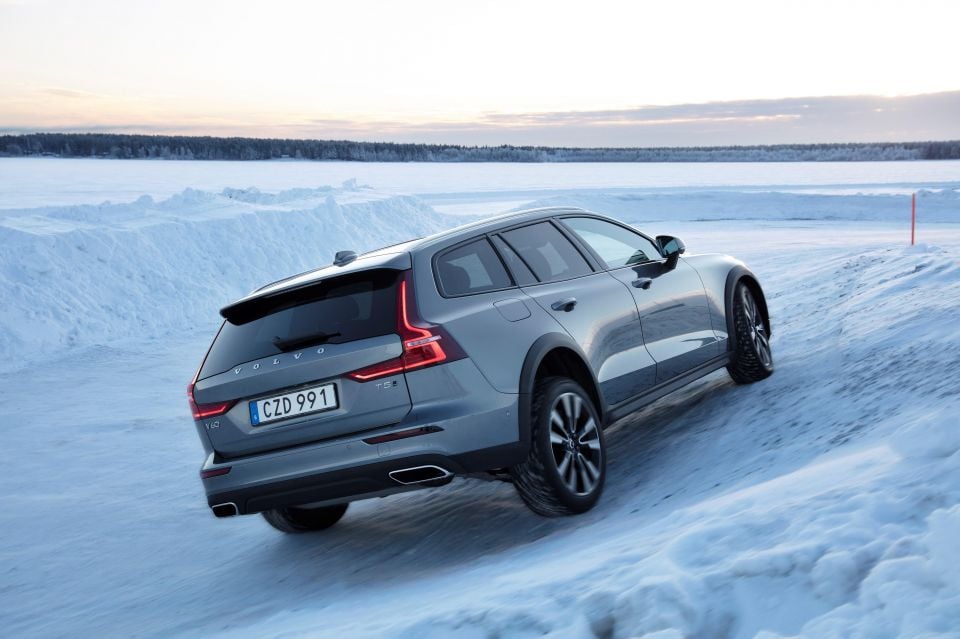
Given it will axe diesel engines in 2021 and move to an exclusively hybridised range, it’s likely Volvo Australia will bring only the petrol model.
Sales of the V60 wagon are almost on a par with the related S60 sedan. A total of 263 have been sold to date this year, compared to 299 examples of the sedan.
Although wagon sales are a mere fraction of SUV sales in Australia, Mr Connor says they’re an integral cog in the Volvo machine.
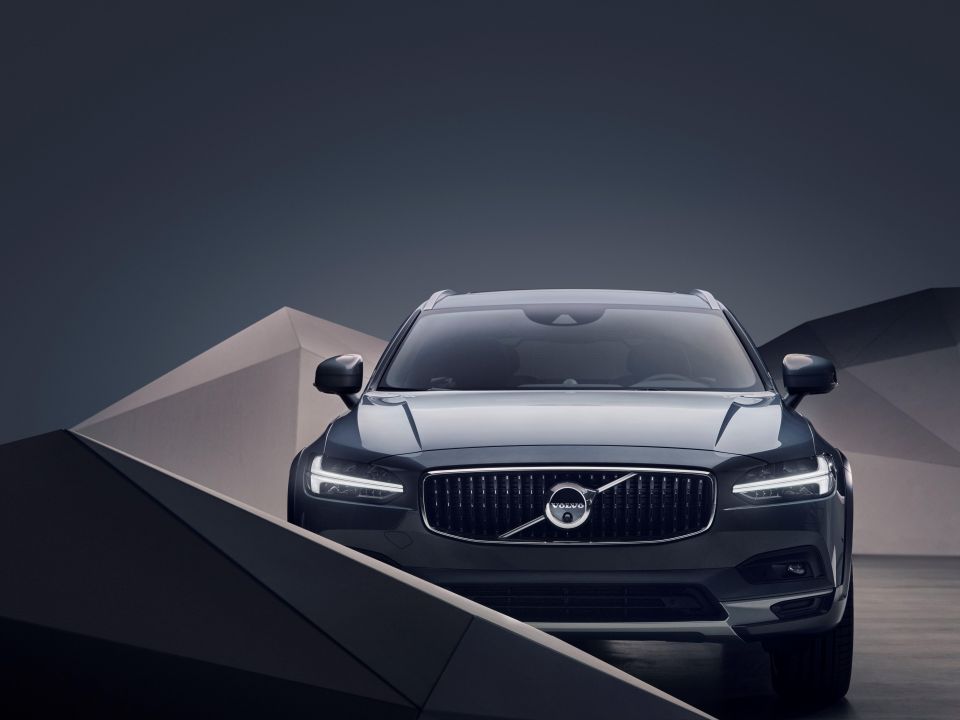
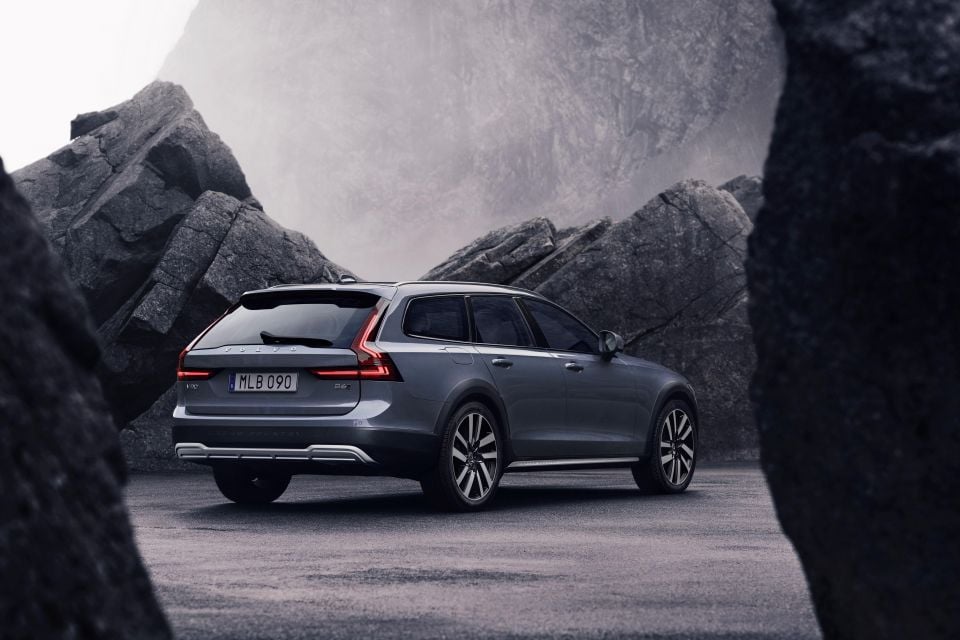
“Volvo is known as a wagon brand. A lot of our heritage is in wagons, we love them,” he said.
“A lot of journalists love wagons. You get improved driving dynamics versus an SUV, better fuel economy, better handling, better ride… They make an awful lot of sense, and to my eyes our wagons look fantastic as well.
“I keep thinking that at some point consumers will say ‘you know what, I’ve had so many SUVs. I fancy going back to a wagon’.
“We won’t hold our breath for that to happen, but we want to continue to have a wagon presence in the Australian market because it’s a part of our heritage, and we do have a strong, core base of wagon customers who want that.
“As long as we’re making them, we should supply them.”
Where expert car reviews meet expert car buying – CarExpert gives you trusted advice, personalised service and real savings on your next new car.
Scott Collie is an automotive journalist based in Melbourne, Australia. Scott studied journalism at RMIT University and, after a lifelong obsession with everything automotive, started covering the car industry shortly afterwards. He has a passion for travel, and is an avid Melbourne Demons supporter.


James Wong
1 Year Ago
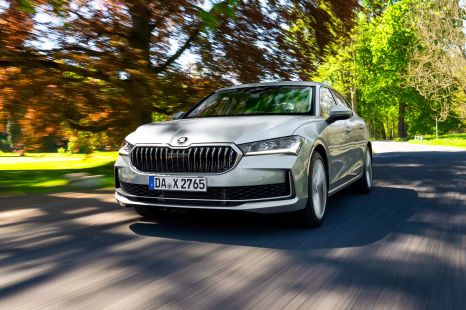

Matt Campbell
1 Year Ago
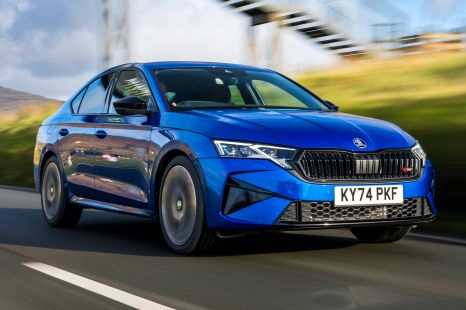

Matt Robinson
10 Months Ago
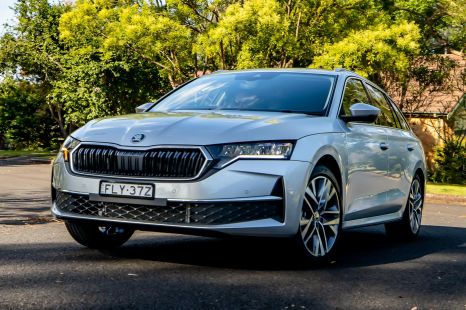

Matt Campbell
9 Months Ago
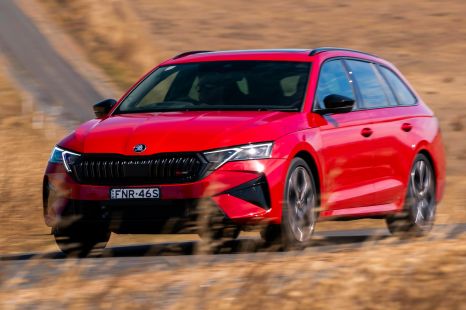

Josh Nevett
5 Months Ago
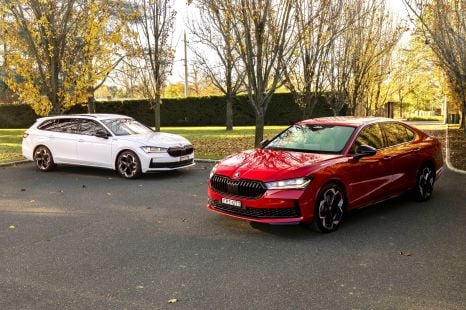

Max Davies
2 Months Ago